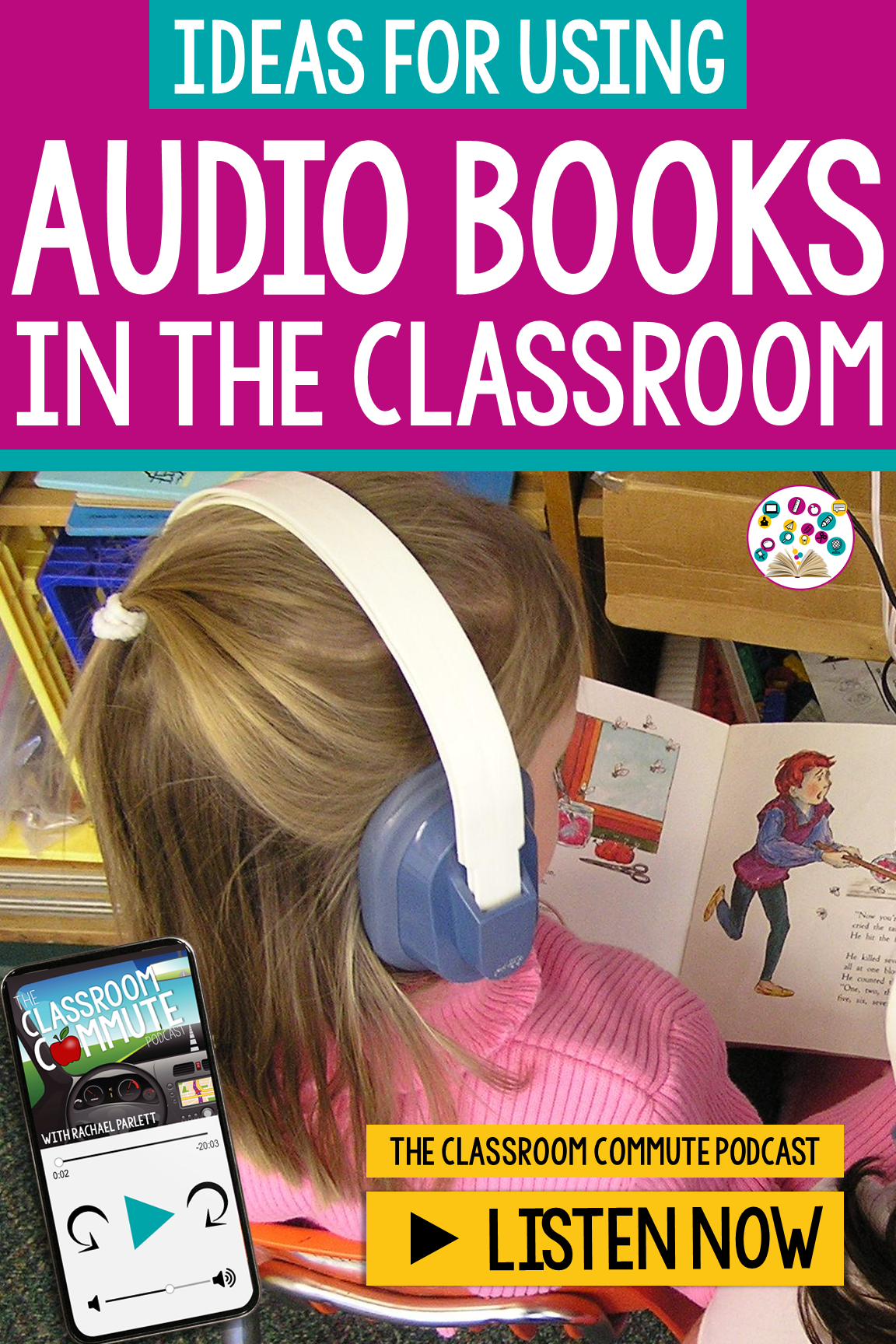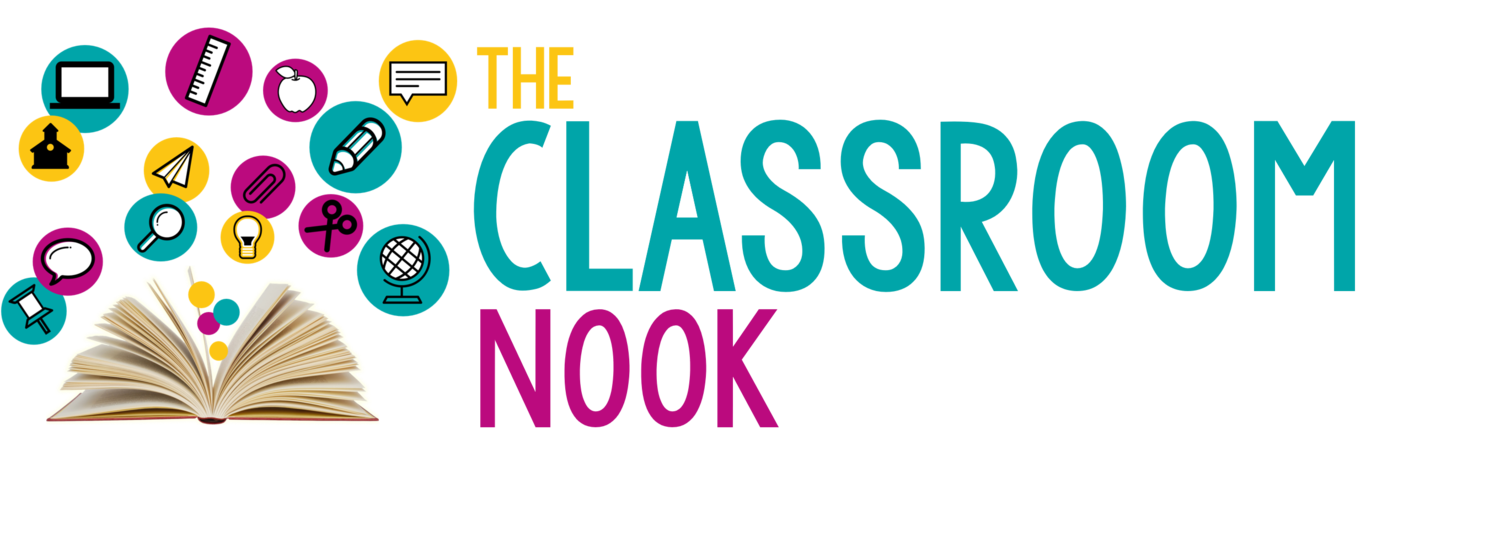CCP Episode : 006 // Ways to Use Audio Books in the Classroom

Audio books are great for more than just a listening center.
Although they are likely a staple in your reader's workshop instruction, they have potential that goes far beyond reading centers! Using audio books can benefit your elementary students in so many ways. Of course they can be a great model of fluency and expression, but they also help develop listening skills, give students the opportunity to focus only on the content, rather than the act of reading itself, and even can be a great tool for differentiated instruction.
In this episode of The Classroom Commute, I'm sharing several ways that you can use audio books in the classroom to support your learners!
Highlights from the episode:
Benefits of using audio books in your classroom (1:30)
Using audio books in your listening center (3:25)
Using audio books for small-group novels (3:50)
Using audio books for fluency practice (4:28)
Have students create a visual representation of audio books they are listening to (4:57)
Have students create their own audio books (5:37)
Send audio books home with students (6:37)
Using audio books to differentiate your instruction (6:58)
Using audio books as incentives (7:41)
Start a new novel unit by listening to the first chapter (8:16)
Links & Resources Mentioned in the Episode:
Movo Lapel Microphone (affilate link)
10 Best Recorder Apps for iPhone
How to add audio to Google Slides
REVIEW & SUBSCRIBE TO THE CLASSROOM COMMUTE PODCAST
Don’t miss a single episode. Subscribe to the podcast and you’ll get notified each week when a new episode gets dropped! And - if you love what you hear, I’d be so honored if you took a quick moment to rate and review the podcast so that other awesome teachers can find the podcast!
